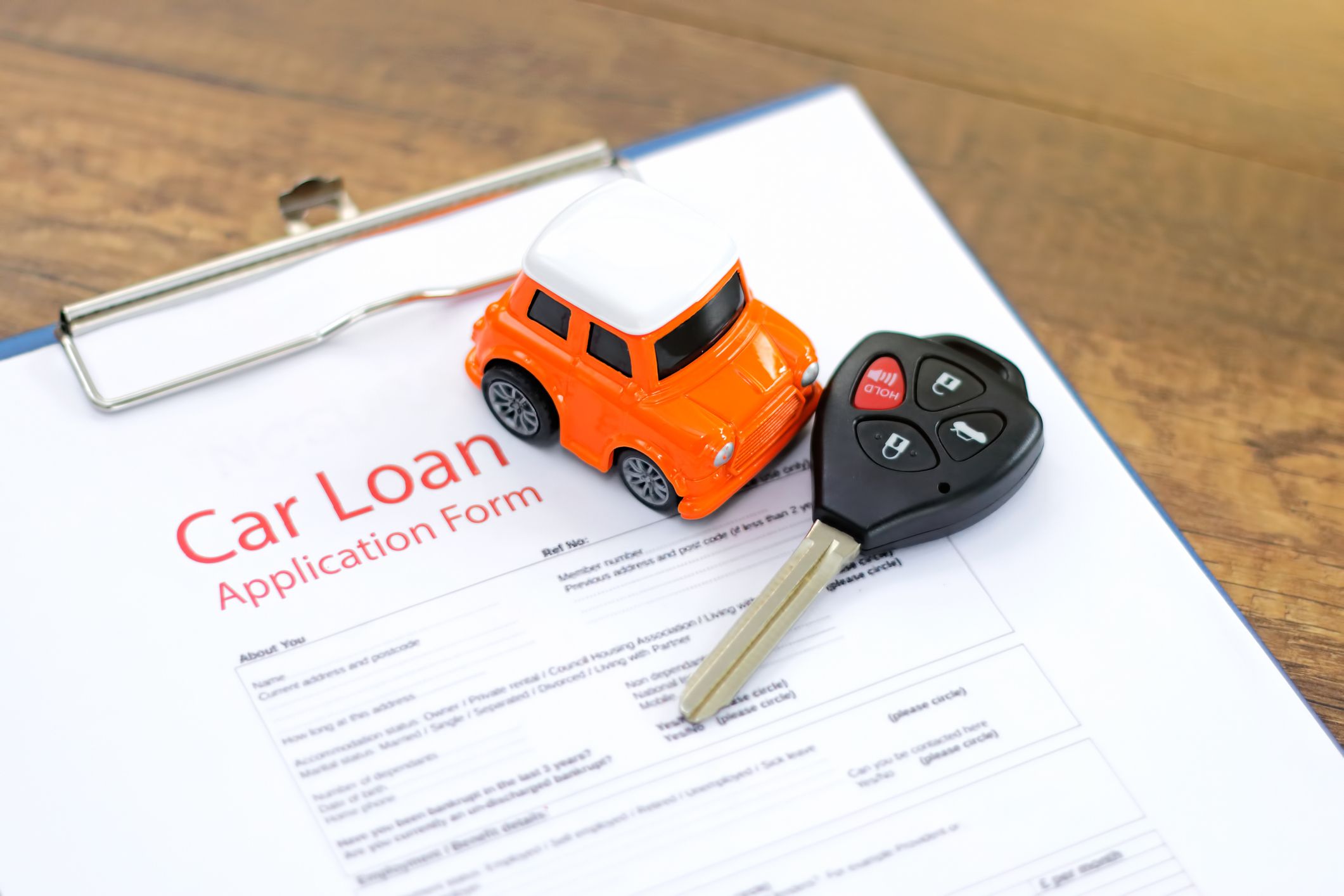

Do you want to buy a car but have bad credit? There’s no need to be concerned because you can still get a car loan even if you have a bad credit history with SoniMoney.
While qualifying for a car loan with a bad credit score (below 580) may seem difficult, there is a large network of lenders and car dealers who are willing to work with borrowers with low or bad credit scores who offer car loans. It can help boost your credit profile if everything goes well and payments are made on time.
We’ll go over how to get a car loan with bad credit.
It’s natural to feel pressured to get a car as soon as possible, especially since it can help you get a job faster and improve your credit score in the long run. However, it’s crucial to be patient and conduct research first, assessing your financial situation as well as loan and vehicle options.
Individuals with a good credit score have their loan applications approved by banks. A credit score of 750 or higher is considered good, while credit scores of 650 or lower are considered bad. There are several ways to improve one’s credit score, including:
If an applicant has a history of multiple debts, late payments, or bankruptcy, it means they are at a high risk of defaulting on their loan payments. As a result, banks prefer to lend to people who have a good credit history and credit score.
There are several advantages to saving for a down payment. First, a down payment may make it easier for you to qualify for an auto loan, especially if you have bad credit.
If you don’t make a down payment, the lender takes on more risk because it could lose more money if you don’t pay back the loan and the car is repossessed. Some lenders may require you to put money down.
With a down payment, you’ll also pay less interest. The more money you put down on the car, the less money you’ll need to borrow. As a result, you’ll pay interest on a smaller balance, lowering the total amount of interest you pay.
If you make a down payment, you may be able to get a lower interest rate. When determining your interest rate, lenders look at your loan-to-value ratio, which is the amount you owe compared to the value of the vehicle.
When buying a car, there are two major factors to consider: the amount of money you’ll need for a down payment and the cost of owning the car every month.
Calculating your monthly payment, which includes your loan payment, insurance, gas, and maintenance, is an important first step in the car-buying process because it determines how many cars you can afford. The higher the down payment and monthly payment, the more expensive the car will be.
When determining how much you can afford to borrow, think beyond your monthly loan payment. Consider the costs of owning a car, such as gas, routine maintenance, auto insurance, and any parking fees or property taxes, and budget for them.
In exchange for a lower monthly payment, it may be tempting to extend your loan term to six or seven years. However, keep in mind that a longer auto loan term (up to 84 months) means you’ll pay more in interest throughout the loan — and you’ll be more likely to end up upside down on your loan, which can make selling or trading in your car difficult because you’ll owe more than it’s worth. Our auto loan calculator can help you figure out how much interest you’ll pay on a car loan.
Even if you have a bad credit score, lenders will assess your ability to repay a loan by comparing your monthly income to your monthly expenses. They want to know if you can afford the new monthly car payments on top of your other debt obligations.
This will assist the lender in determining whether or not to issue the loan, as well as how much interest, additional fees, or down payment may be required to secure the loan. The higher the risk, the higher the loan fees will be.
So, before you apply for a loan or go car shopping, add up your monthly debt and subtract your monthly income to get a better idea of how much you can afford to pay each month.
When you’ve gotten your affairs in order and are ready to apply for a loan, it’s a good idea to shop around first. If you’re having trouble getting approved for a loan from a traditional lender, look into lenders who specialize in helping people with poor credit.
These lenders may charge higher interest rates, but they help people with bad credit get approved for loans. Because car loan rates can vary greatly, it’s a good idea to shop around before applying for a car loan
Dealerships are often happy to help you find financing because they earn a commission on top of the lender’s rate, which can be as high as 4%.
Avoid applying for financing at the dealership if at all possible. If you have bad to fair credit, you’ll probably be better off shopping around for a car loan and comparing loan terms on your own.
Securing financing yourself opens the door to private party sales and auto auctions, in addition to potentially finding better rates than at the dealership.
Buyers can find individuals who may have better prices on vehicles without the overhead of a dealership using sales aggregator sites like Cars.com, Edmunds.com, or Autotempest.com. Facebook Marketplace has also evolved into a vehicle-sale platform, particularly for private-party transactions.
There are several types of lenders to consider:
If you need a car right away and don’t have time to improve your credit before applying for a car loan, here are some options to consider.